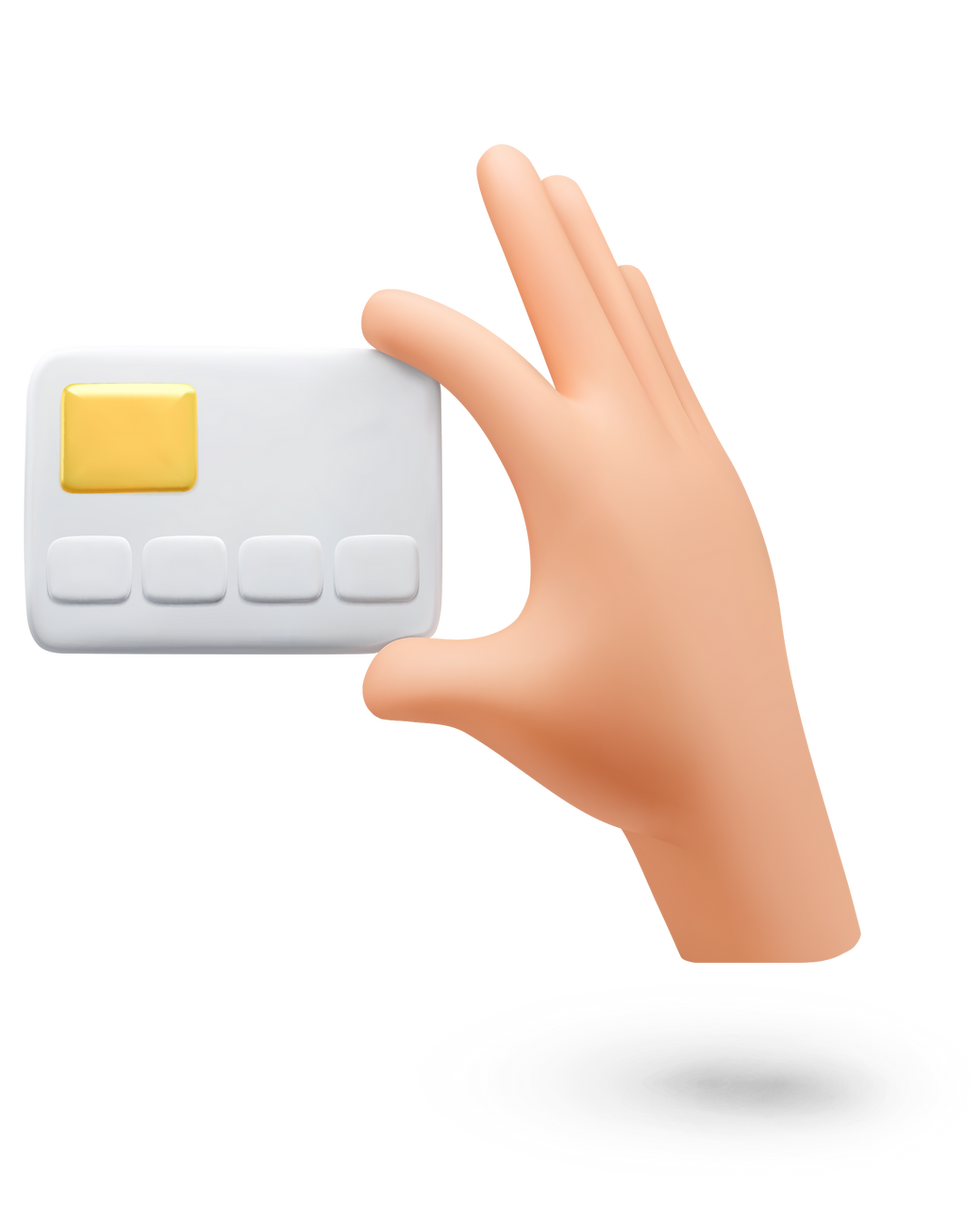What to do if your Mortgage Application is Denied
- Jun 1, 2023
- 3 min read

Your loan application was turned down. These harsh remarks do not always indicate you will not be able to get a mortgage, either. Even if your loan request is denied by your lender, all hope may not be lost!
Following a mortgage rejection, there are a few actions you should follow to see how you might increase your chances of being approved for a mortgage with your subsequent application. Among the most frequent justifications for mortgage denials are:
Credit problems: Your credit score is used by lenders to evaluate your credit history and decide how hazardous it would be to lend you money. Lenders may reject your mortgage application if your credit score is insufficient (620 is normally the minimum for conventional loans) or if you have negative marks on your credit report. Similarly, lenders may opt to reject your application if you do not have much credit history since they believe they do not know enough about your capacity to handle credit.
Employment status change: Lenders prefer that borrowers have steady work and income, so if you recently started a new job or have a history of switching jobs frequently, this may raise a red flag for them.
High ratio of debt-to-income: Your debt-to-income ratio (DTI), which compares your monthly debt payments to your income, tells lenders how much you must pay in rent or mortgage, school loans, credit card debt, and vehicle loans. Lenders may reject your application if you have too much debt because they fear you won't be able to repay a mortgage.
Sudden large cash deposits: When qualifying for a mortgage, having a lot of money is typically a plus—unless you just got it and cannot explain how you obtained it. Lenders can then be hesitant to approve your mortgage due to their concerns regarding the source of the money.
How to proceed if your loan application is rejected: Finding out that your mortgage application has been rejected is never pleasant, but there are actions you can take to comprehend why it occurred and how to avoid having it happen again. If a lender rejects your loan application, follow these steps.
Learn why you were rejected: “The mortgage process is an extensive procedure where your loan officer will evaluate all aspects of your financial situation” says Tim Dinges, Co-Founder of Northpoint Mortgage. If you have one or more red flags, the loan officer will work with you to try and fix the red flags and also offer suggestions to improve in order to be approved to purchase a home.

Check your credit: What kinds of loans and interest rates you qualify for depend on your credit score. Make sure to carefully review your credit report for any mistakes that could harm your rating. You can also attempt to enhance your credit. The best way to achieve that is to make sure you pay your bills on time, but it is also a good idea to keep the amount on your credit cards as low as possible to reduce how much credit you are using. Also, you might be able to benefit from credit-building initiatives.
Reduce your debt: Even if you have a high credit score, lenders will still look at your debts, including those for credit card, auto, and school loans, and compare them to your income. This is known as your debt-to-income ratio, or DTI, and it can have a significant impact on lenders' decisions about whether you qualify for a new loan.
Seek student loan assistance: Although the current generation of homebuyers is much more likely to be burdened with student loan debt, this does not exclude them from being able to purchase a home.
Consider an income-based repayment plan, which might lower your required monthly payments, if your student debt is preventing you from moving forward. For doctors, who may have exorbitant student loan debt but often earn above-average wages once working, certain lenders may also create mortgage packages that are just for them. Remember to submit your application for President Biden's student loan forgiveness program as well.
Finally, try not to become overly demoralized if your mortgage loan is turned down because the home loan origination procedure frequently involves numerous highs and lows. If that occurs, take the time to figure out why your mortgage was turned down, deal with the situation, and investigate alternative financing choices
Looking to buy a home in the near future?
Try Northpoint Mortgage



Comments